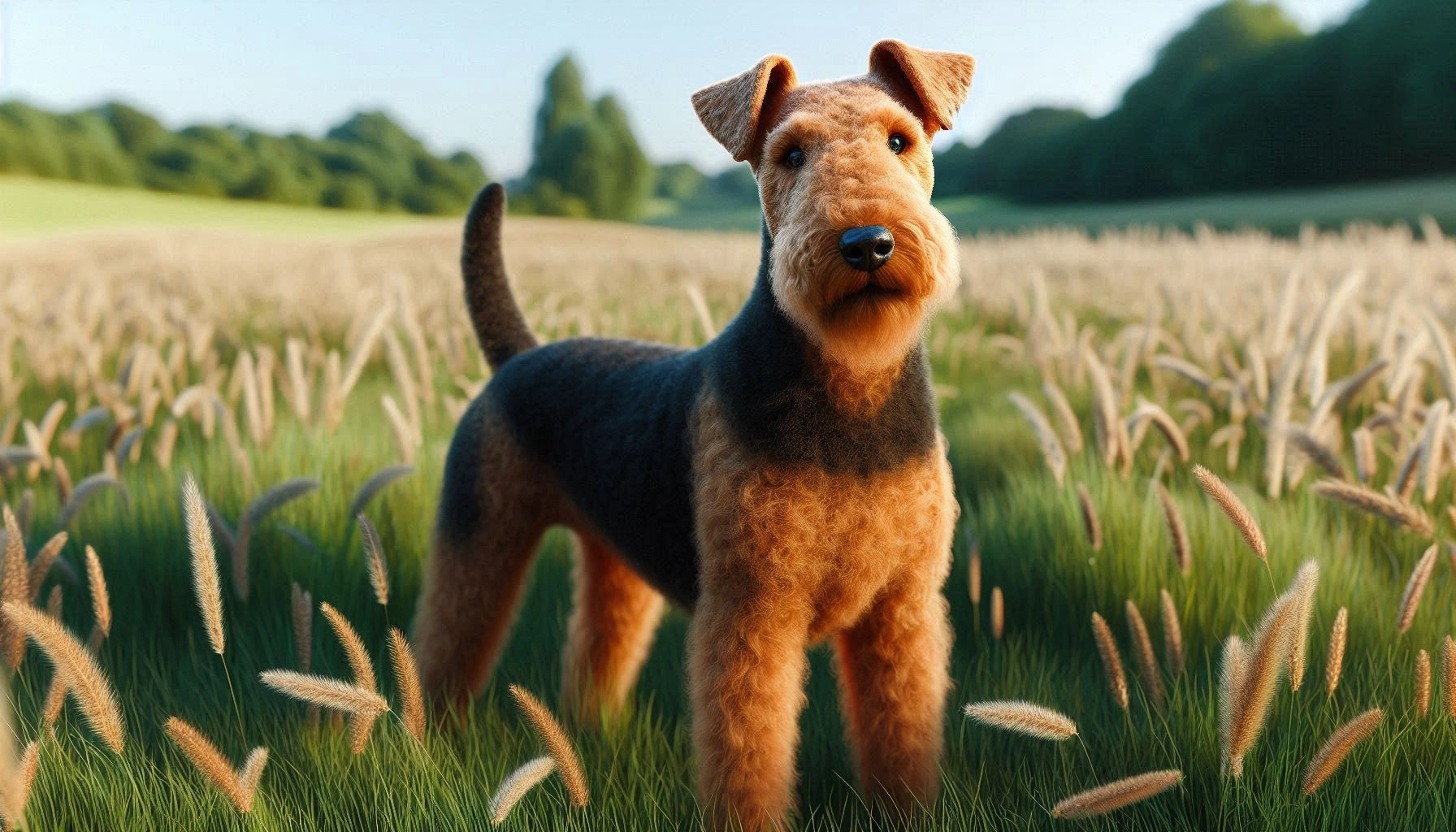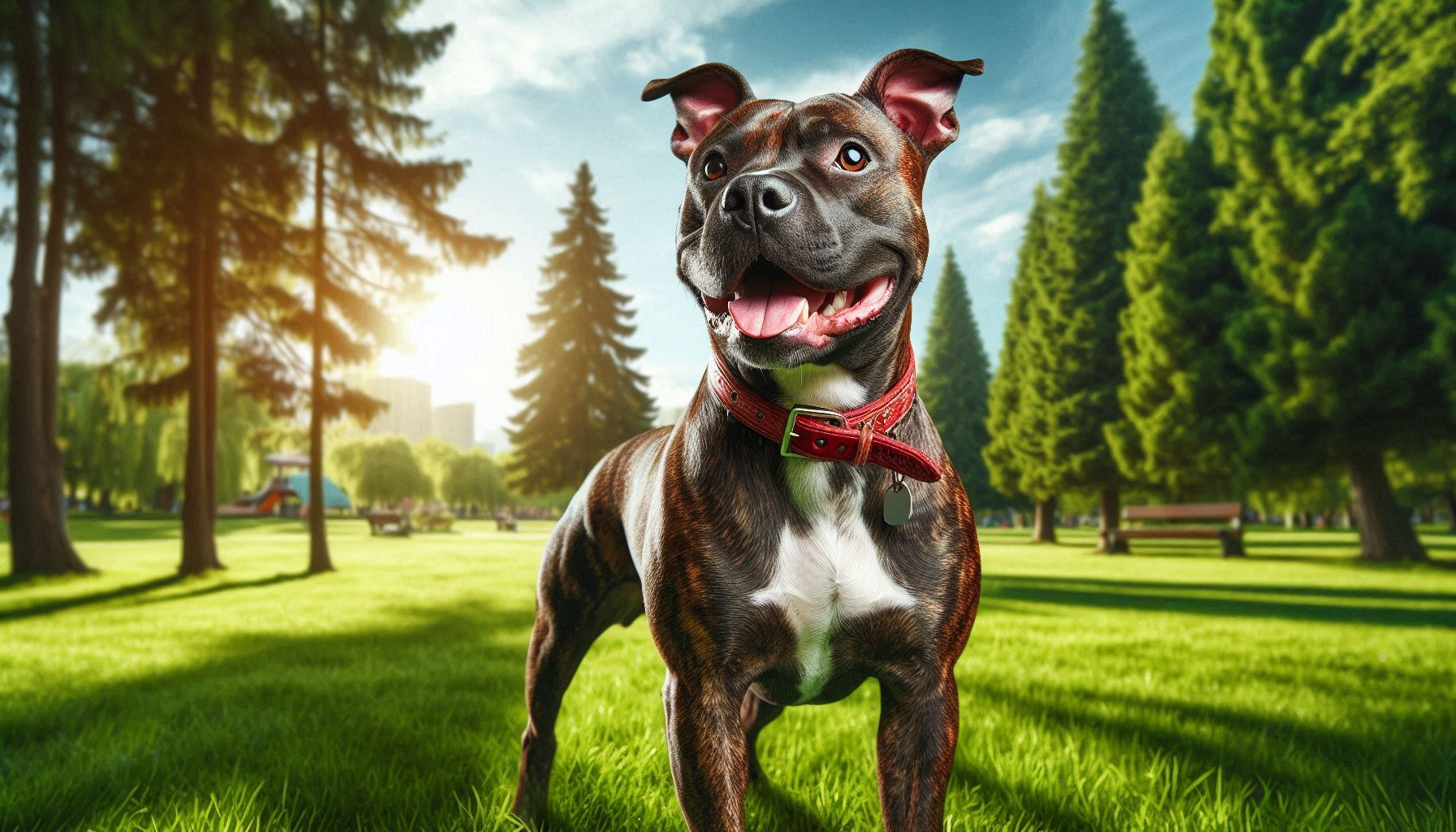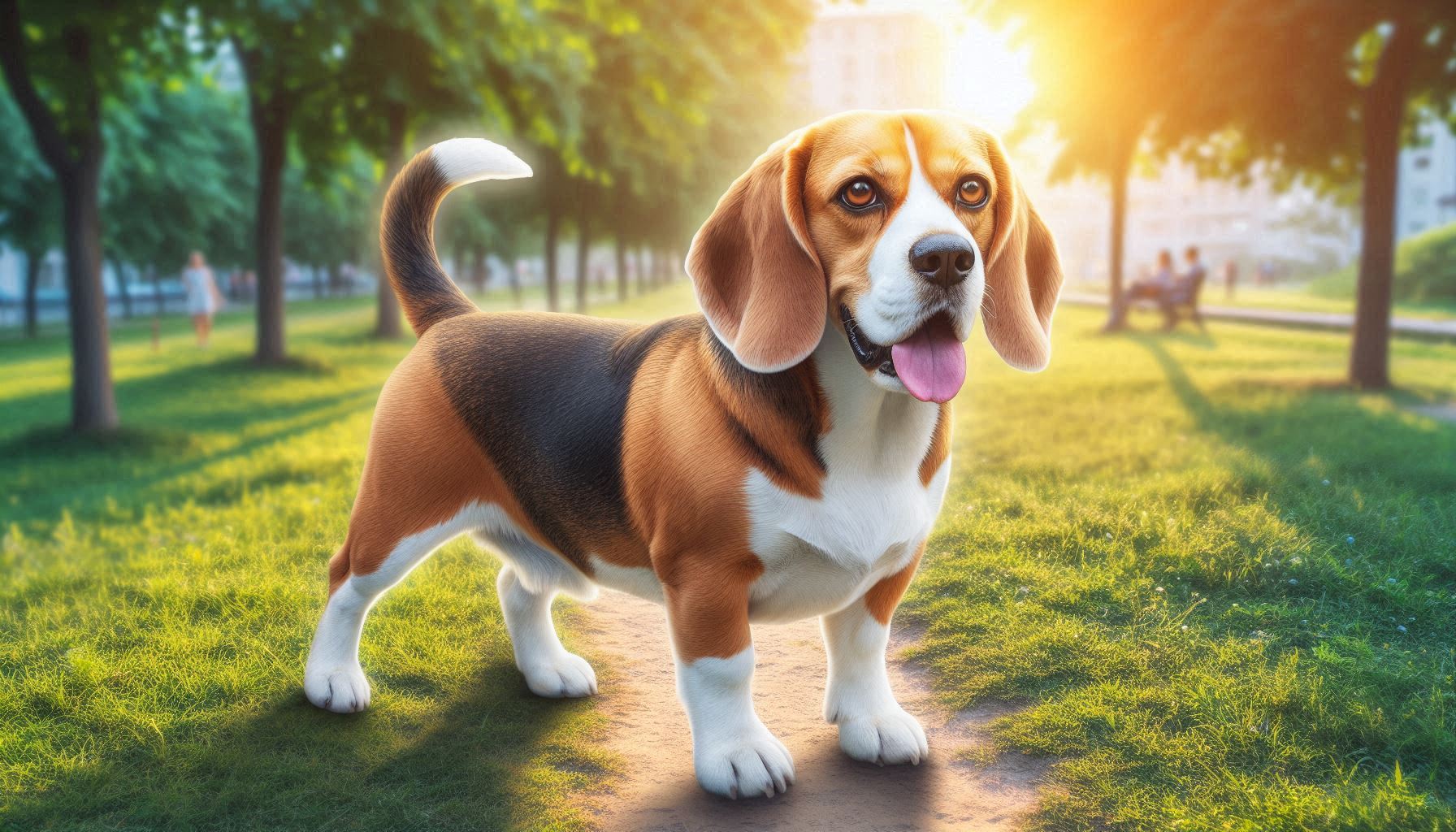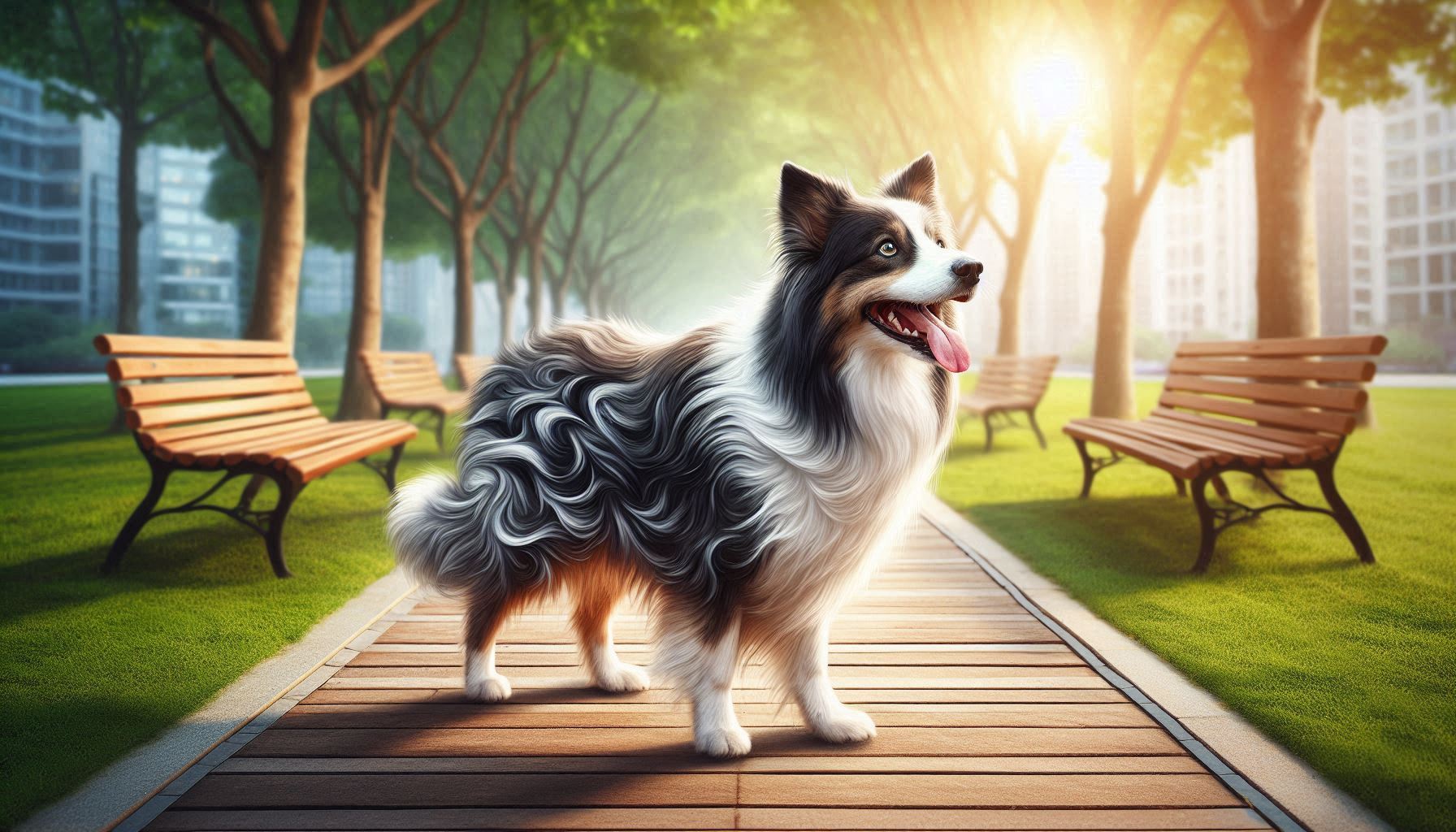Table of Contents
Shollie Dog Breed: The Ultimate Guide
The Shollie dog breed, a delightful mix between the Border Collie and the German Shepherd, has been capturing the hearts of dog enthusiasts worldwide. Known for its intelligence, loyalty, and energetic nature, the Shollie is a versatile dog that excels in various roles, from family companion to working dog. Whether you’re looking for a playful pet or a dependable protector, the Shollie might be the perfect addition to your family.
History and Origin
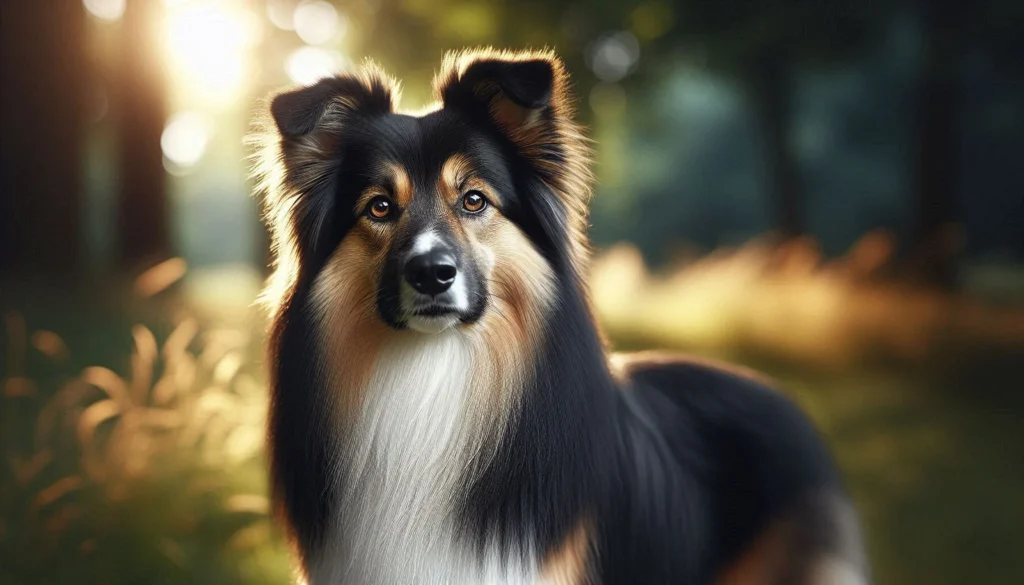
The Shollie is a relatively new hybrid breed, gaining popularity in the last few decades as designer dogs have become more common. The breed is a cross between two of the most intelligent and hardworking breeds: the Border Collie and the German Shepherd.
- Border Collie Heritage: Originating from the border regions of England and Scotland, the Border Collie was bred for herding livestock, particularly sheep. They are known for their unmatched intelligence and work ethic, often considered the most intelligent dog breed.
- German Shepherd Heritage: The German Shepherd, developed in Germany in the late 19th century, was initially used for herding and guarding sheep. Over time, its versatility made it a popular choice for various roles, including police and military work, search and rescue, and as service dogs.
The Shollie inherits a rich history from both parent breeds, combining the agility and intelligence of the Border Collie with the strength and loyalty of the German Shepherd.
Physical Characteristics
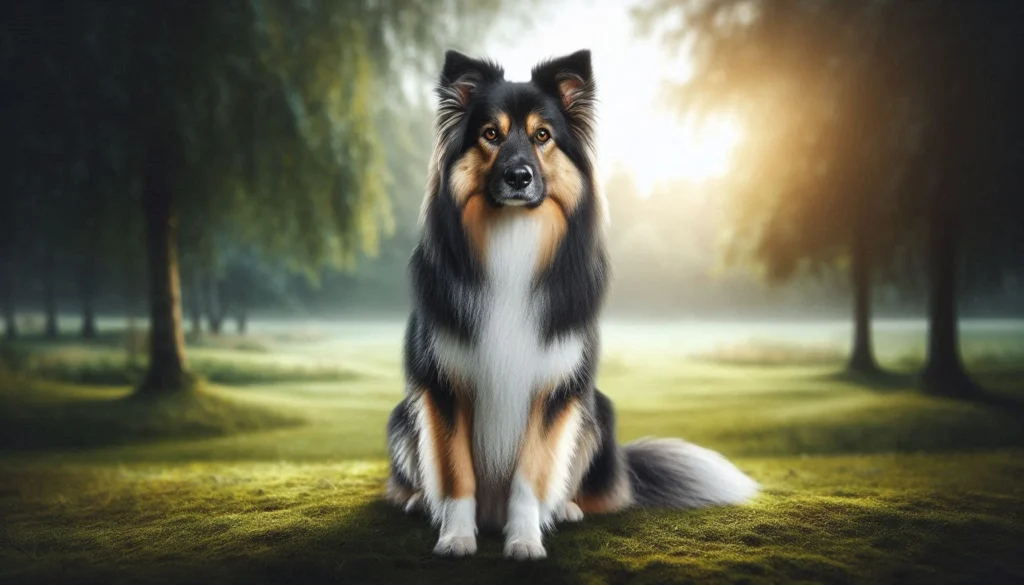
The Shollie is a medium to large-sized dog with a striking appearance that often reflects the best traits of both parent breeds.
- Size: Shollies typically weigh between 70 to 80 pounds and stand about 21 to 29 inches tall at the shoulder. However, their size can vary depending on which parent breed they take after more closely.
- Coat Type and Colors: Shollies usually have a double coat that can range from medium to long in length. Their fur is often dense and straight, providing some resistance to harsh weather. Common coat colors include black, white, brown, sable, and tan, often in patterns similar to those seen in German Shepherds or Border Collies.
- Distinctive Features: Shollies often have the erect ears and bushy tail of the German Shepherd, combined with the expressive eyes and agile build of the Border Collie. Their eyes can be brown, amber, or occasionally blue, adding to their captivating appearance.
Temperament and Personality
Shollies are known for their bright minds, affectionate nature, and strong work ethic. These traits make them highly trainable and excellent companions for active families or individuals who can meet their mental and physical needs.
- Intelligence: Thanks to their parentage, Shollies are incredibly smart, often excelling in obedience training and agility sports. They need plenty of mental stimulation, such as puzzle toys or learning new commands, to keep them happy.
- Loyalty and Protectiveness: The Shollie is fiercely loyal and forms strong bonds with its family. They are naturally protective, making them excellent watchdogs. However, this trait also means they can be wary of strangers, so early socialization is crucial.
- Energy Levels: Shollies have high energy levels and require ample exercise. They enjoy running, hiking, and playing fetch, making them ideal for active owners who enjoy spending time outdoors.
- Interaction with People and Animals: Shollies are generally good with children and can be gentle playmates. They usually get along well with other pets, especially if raised with them, but their herding instincts may occasionally kick in, leading them to try and herd other animals or even people.
Health and Lifespan
Shollies are generally healthy dogs, thanks to the robust genetics of their parent breeds. However, they can be prone to some health issues that are common in both Border Collies and German Shepherds.
- Common Health Issues: Some of the health concerns that Shollies may face include hip dysplasia, elbow dysplasia, and eye problems like progressive retinal atrophy. They might also be at risk for epilepsy and allergies.
- Average Lifespan: Shollies typically live between 12 to 15 years, with proper care and regular veterinary check-ups contributing to a long, healthy life.
- Health Tips: To keep a Shollie healthy, it’s essential to provide a balanced diet, regular exercise, and routine vet visits. Keeping an eye on their weight and joint health is particularly important, especially as they age.
Care and Grooming
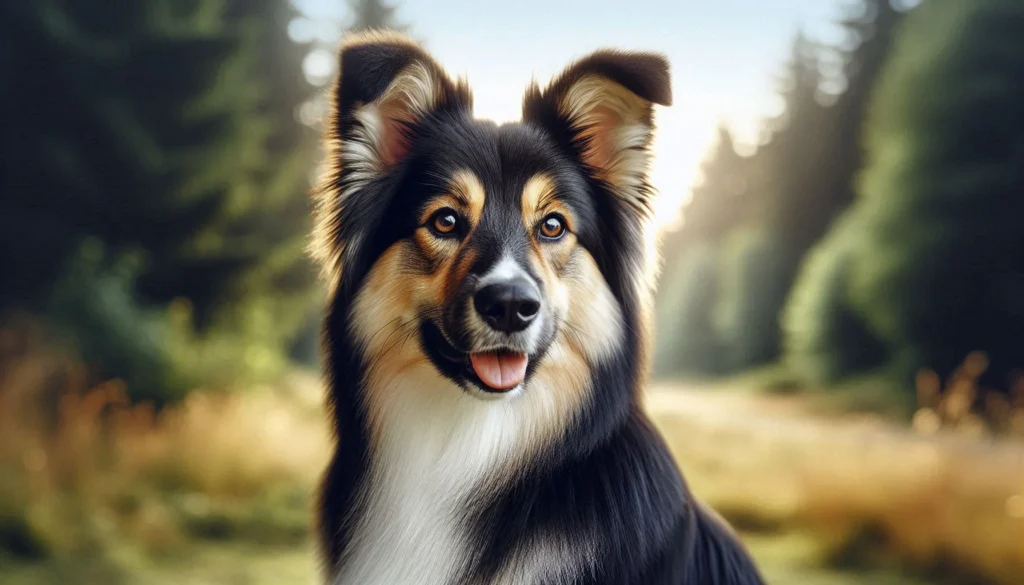
Caring for a Shollie involves regular grooming, adequate exercise, and proper nutrition to ensure they remain happy and healthy.
- Grooming Needs: Shollies have a double coat that sheds moderately year-round, with more intense shedding during seasonal changes. Brushing them 2-3 times a week will help manage shedding and keep their coat in good condition. Regular baths are recommended, but not too often, as frequent washing can strip the natural oils from their fur.
- Exercise Requirements: As an active breed, Shollies need at least 60-90 minutes of exercise daily. This can include walks, playtime in the yard, or interactive games like fetch or frisbee. They also enjoy mentally stimulating activities like puzzle toys or obedience training.
- Dietary Recommendations: A high-quality, balanced diet is essential for a Shollie’s health. Ensure their food is appropriate for their age, size, and activity level. It’s also crucial to monitor their weight, as obesity can exacerbate joint issues like hip dysplasia.
Training and Socialization
Training a Shollie can be a rewarding experience due to their intelligence and eagerness to please. However, it requires consistency and patience.
- Training Tips: Start training early to harness the Shollie’s intelligence and prevent undesirable behaviors. Positive reinforcement techniques work best, as this breed responds well to praise and treats. Basic obedience training is essential, and advanced training can help keep them mentally stimulated.
- Socialization: Early and ongoing socialization is crucial to ensure a well-rounded Shollie. Expose them to various people, environments, and other animals to prevent shyness or aggression. Puppy classes can be a great way to start this process.
- Challenges: While Shollies are generally eager to learn, their intelligence can sometimes lead to stubbornness. Keeping training sessions short, fun, and varied can help maintain their interest.
Suitability as a Family Pet

Shollies can make excellent family pets, but they are best suited for active families who can meet their exercise and mental stimulation needs.
- Living Environment: Shollies do well in homes with a yard where they can run and play. They can adapt to apartment living if they receive ample exercise, but a larger space is ideal for this energetic breed.
- Energy Levels: Their high energy levels make them great companions for families that enjoy outdoor activities. However, their need for exercise might be overwhelming for less active households.
- Children and Pets: Shollies are generally good with children and can be gentle and protective playmates. They can also coexist peacefully with other pets, especially if socialized from a young age.
Fun Facts and Trivia
- Herding Instinct: Even though Shollies are not purebred Border Collies, they often inherit a strong herding instinct. Don’t be surprised if your Shollie tries to herd small animals, other pets, or even family members!
- Versatility: Due to their intelligence and trainability, Shollies excel in various roles, including search and rescue, therapy work, and as service dogs.
- Popularity: The Shollie is gaining popularity not only for its working abilities but also for being a loving and loyal family pet.
Dog Breeds Similar to Shollie Dog
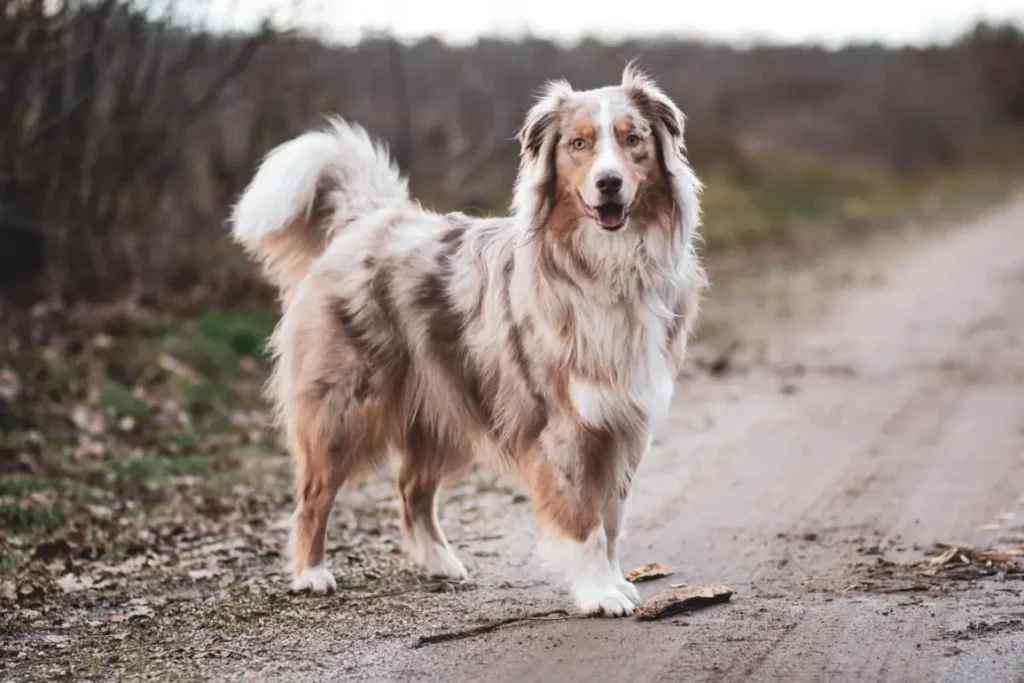
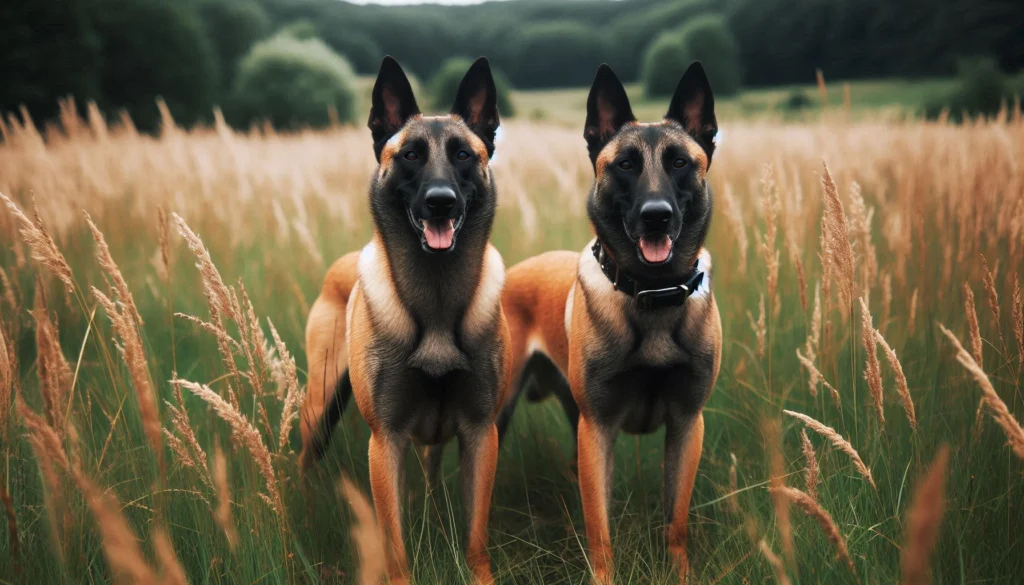
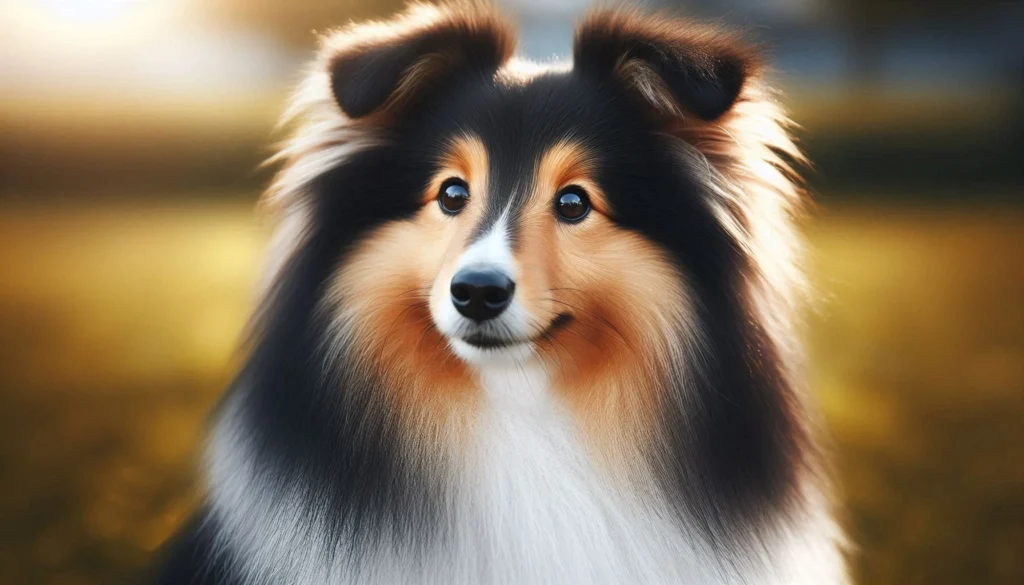
If you’re interested in the Shollie, you might also consider these similar breeds:
- Australian Shepherd: Similar to the Shollie, the Australian Shepherd is an intelligent and energetic breed known for its herding abilities. They are highly trainable and make excellent companions for active families.
- Belgian Malinois: The Belgian Malinois is a hardworking and intelligent breed, often used in police and military work. Like the Shollie, they are loyal and protective, making them great guard dogs and family pets.
- Shetland Sheepdog: The Shetland Sheepdog, or Sheltie, is a smaller herding breed known for its intelligence and agility. They share the Shollie’s need for mental stimulation and can be a good choice for those looking for a smaller, yet similarly active dog.
Conclusion
The Shollie is a remarkable breed that combines the best traits of the Border Collie and the German Shepherd. With their intelligence, loyalty, and energetic nature, they make excellent companions for the right family. However, their high energy levels and need for mental stimulation mean they are best suited for active owners who can provide plenty of exercise and training.
If you’re considering adding a Shollie to your family, be prepared for a rewarding experience with a loyal and loving companion. Whether you’re looking for a playful pet or a dedicated working dog, the Shollie could be the perfect match.
FAQ
Is the Shollie dog a dangerous breed?
The Shollie is not inherently dangerous. Like any dog, their temperament depends largely on their upbringing, training, and socialization. With proper care and training, Shollies are loyal, affectionate, and protective without being aggressive.
Is the Shollie the best guard dog to protect my family?
Shollies can be excellent guard dogs due to their protective nature and intelligence. They are naturally alert and loyal, making them good at protecting their families. However, their guarding instincts should be tempered with proper training and socialization to ensure they can distinguish between real threats and harmless situations.
